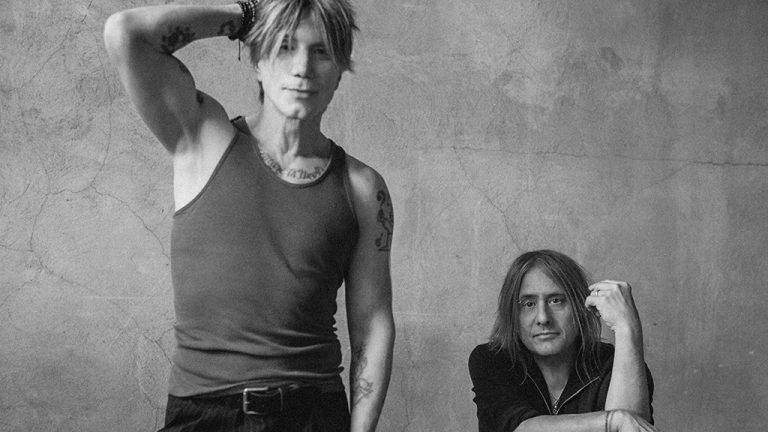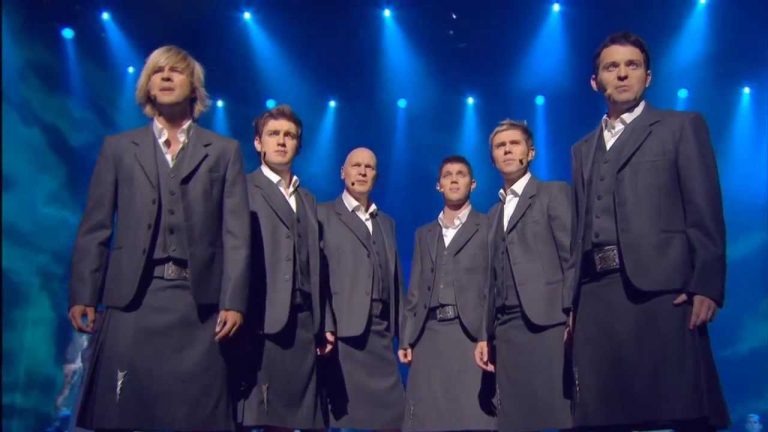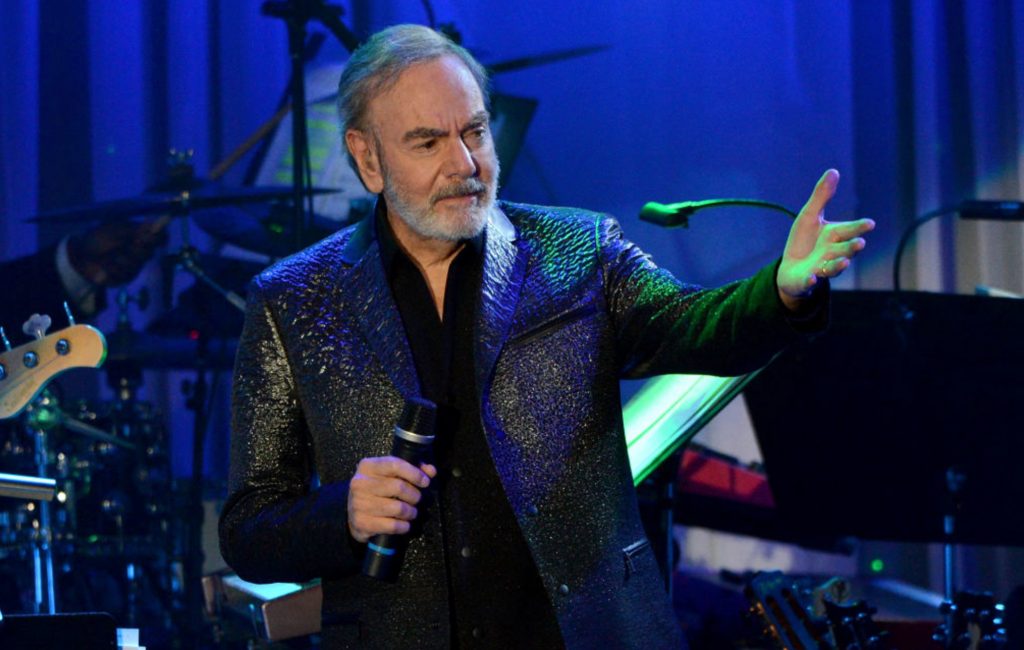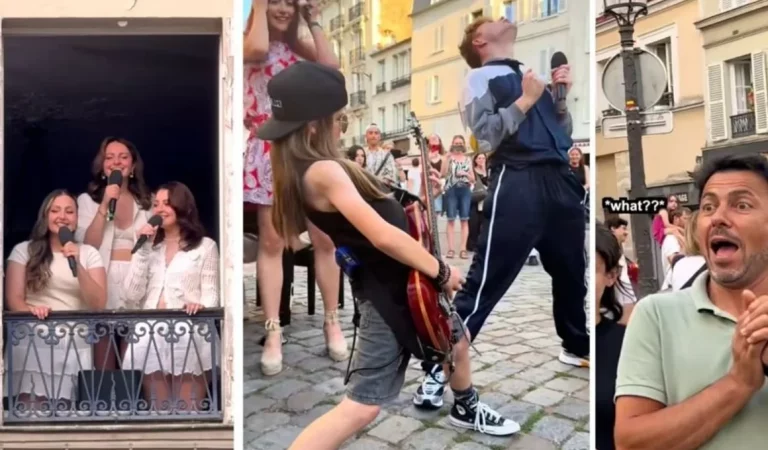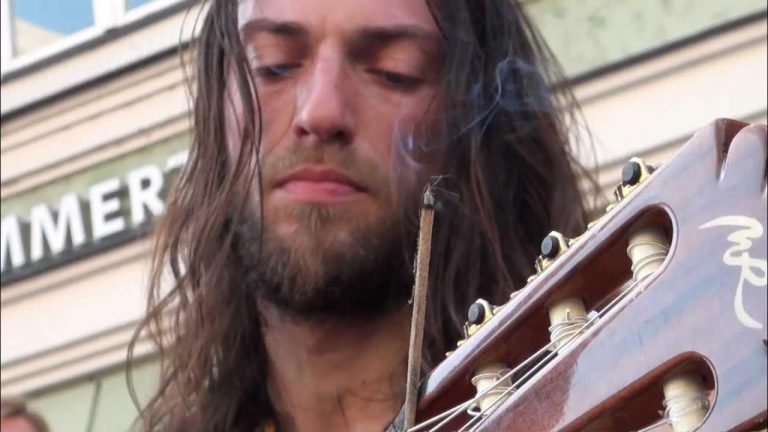When the skies opened over Buffalo in 2004 and a heavy rain drenched the massive crowd gathered for the Goo Goo Dolls’ hometown concert, it looked like the night might be cut short. Fans faced a choice—brave the storm or head for cover. The band, however, had one powerful reason to keep them rooted in place: they hadn’t yet performed their most beloved anthem, “Iris.”
As soon as the opening chords rang out, something remarkable happened. The downpour stopped feeling like an inconvenience and instead became part of the performance itself. The storm lent a cinematic weight to the music, turning the rendition into something raw, dramatic, and unforgettable. Rather than scattering, the audience sang at the top of their lungs, their voices rising above the rain in a chorus that matched the song’s aching intensity.
That extraordinary moment was captured on video, and it has since captivated millions online—earning over 122 million views. Viewers around the world were struck by how perfectly the weather aligned with the song’s emotion. One fan summed it up best: “This is a song that was meant to be played in the rain.” It’s hard to disagree—every drop of water seemed to echo the song’s longing, as though the sky itself had joined in the performance.
But the night didn’t end there. The Goo Goo Dolls pressed on, moving seamlessly into “Broadway” as bursts of confetti rained down alongside nature’s own shower. The irony of hearing the line “It always rains like hell on the loser’s day parade” wasn’t lost on anyone, but instead of defeat, the band and the audience shared a triumphant energy that electrified the entire stadium.
In an age where concerts are often meticulously scripted—every gesture, every speech, every encore rehearsed—this storm-soaked show stands out as a testament to the power of the unplanned. It was messy, unpredictable, and utterly magical.
Looking back, many fans call it the Goo Goo Dolls’ greatest live performance, a once-in-a-lifetime collision of music and nature that couldn’t have been orchestrated even if the band tried. It’s a reminder that the most unforgettable experiences often come when life refuses to follow the script.

